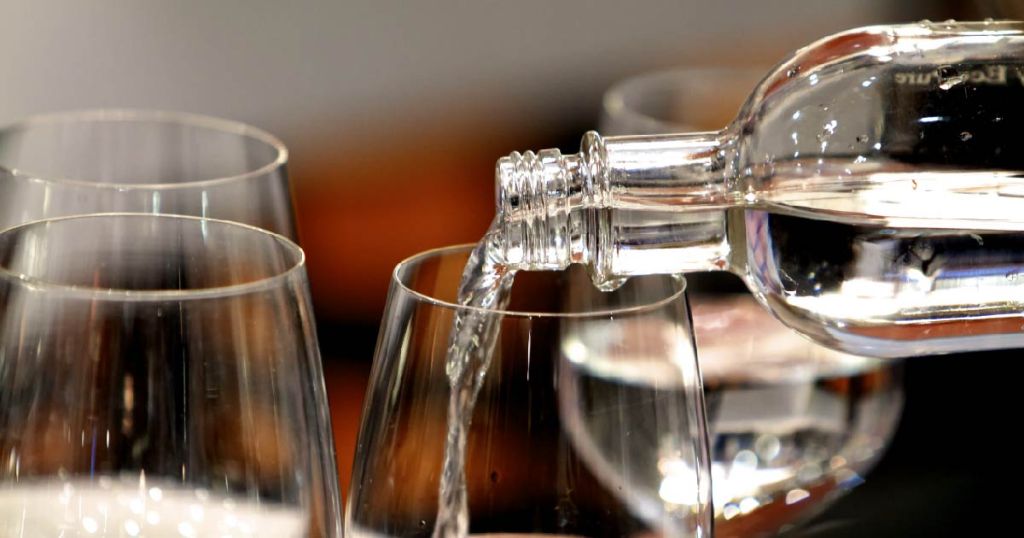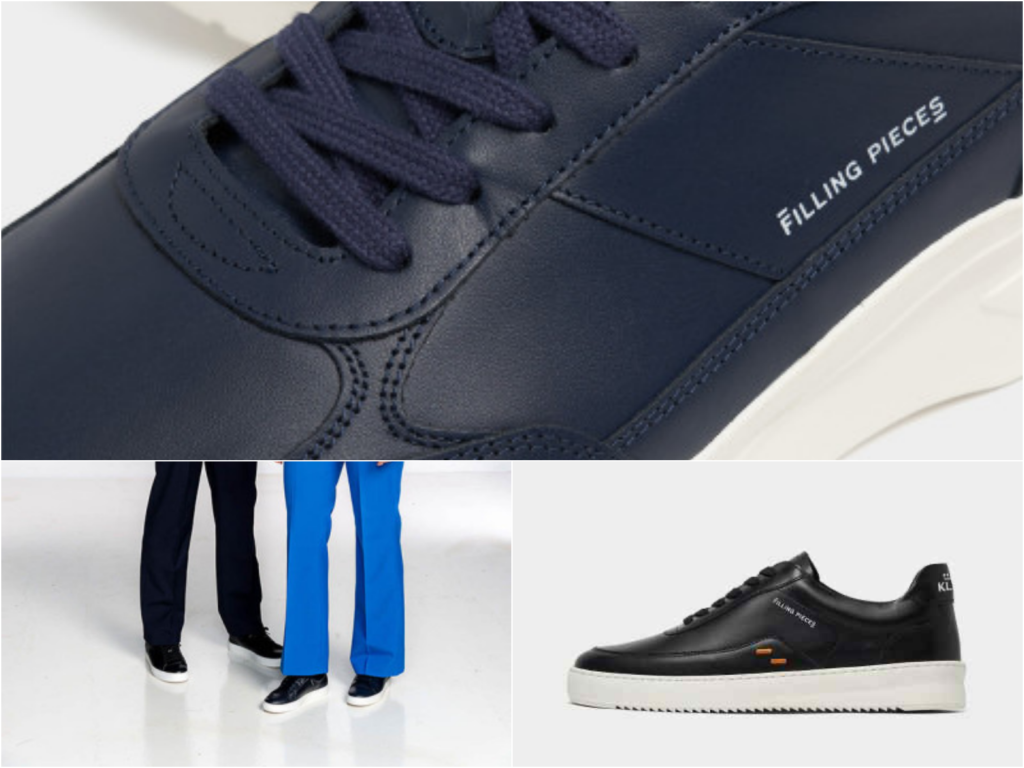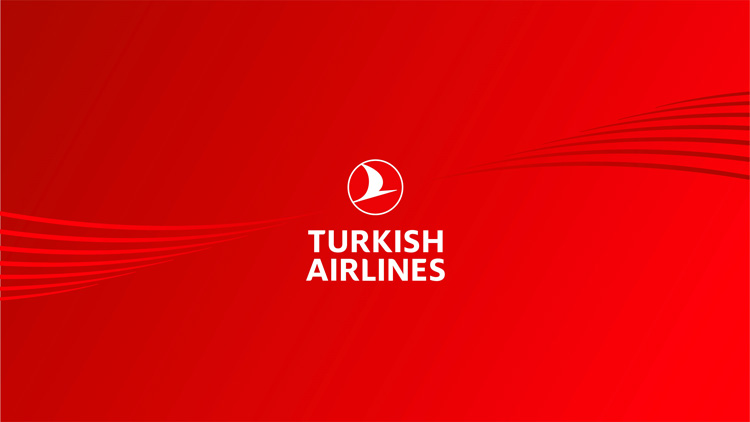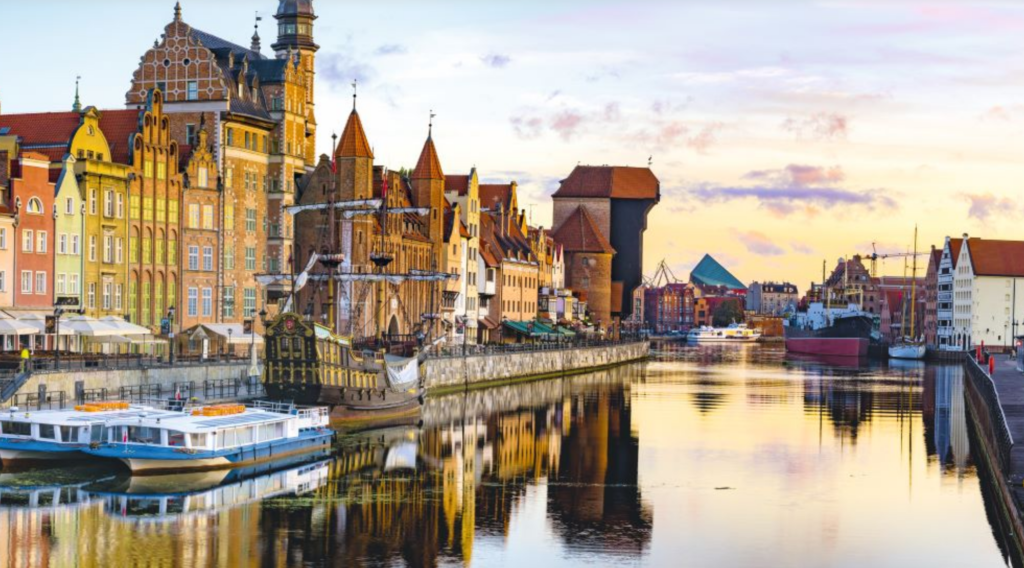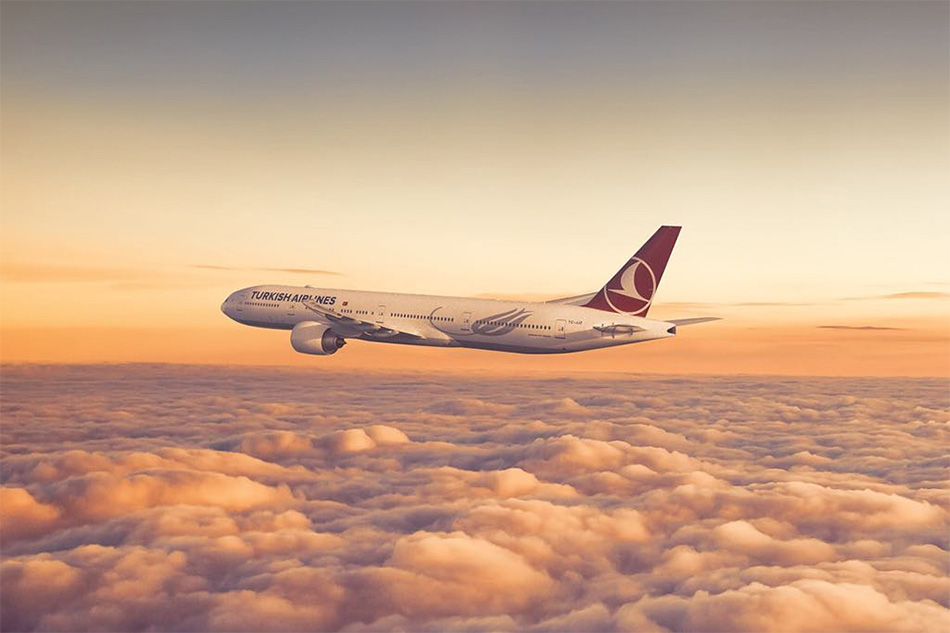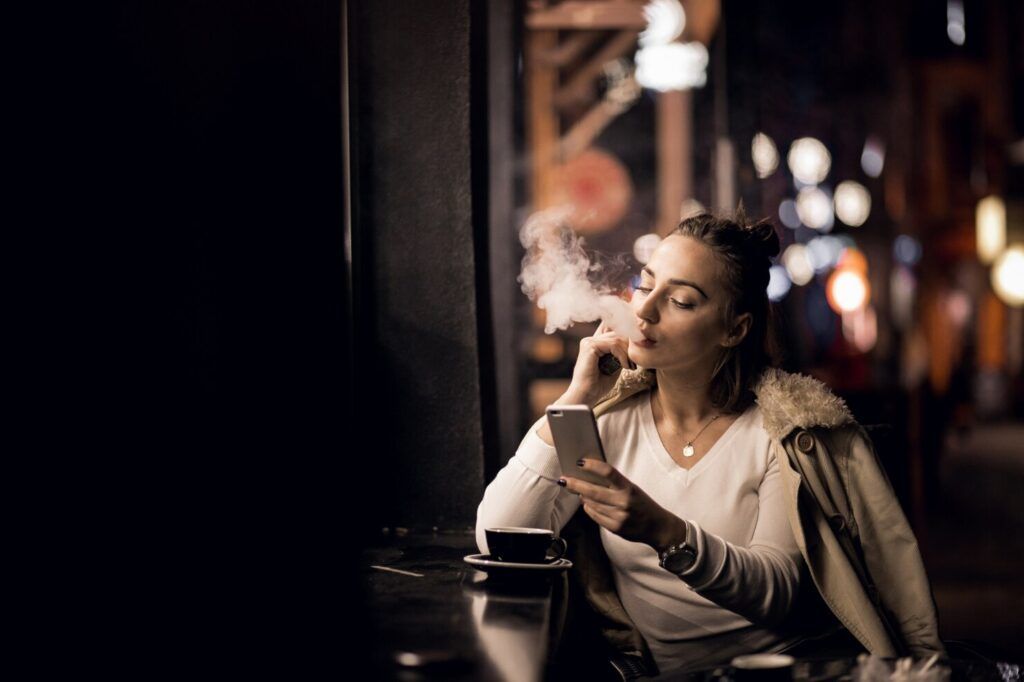Did you know that your body loses more water on a plane than on the ground? If you are going on a long flight, it is best to think about hydration in advance.
“At high altitudes, air is dryer and the oxygen content is lower. This is why, for every hour on a plane, you should drink 0.2 to 0.4 litres of water,” says Anamaría Teino, a doctor at Mehiläinen specialising in travel medicine.
Sufficient amount of water is personal and depends on, for example, the person’s weight. The first symptoms of dehydration, however – headache, tiredness, nausea and dry mouth – are a clear and easily noticeable sign.
“The Aerospace Medical Association (AsMA) recommends drinking about 0.25 litres per hour while on a plane. The cabin crew often takes this into account and offers water to passengers. Hydration is especially important for children, seniors and pregnant women,” says Teino.
It’s a good idea to drink water any time it is offered.
Prepare yourself at the airport
You can also take your own water bottle onboard. A half-litre bottle will already help to keep dehydration at bay.
Taking a full water bottle through the security control is not allowed. However, at Helsinki Airport, you can take an empty water bottle with you and fill it at any of the drinking water taps before going to your gate.
If you are going on a long flight, it might be a good idea to drink a bottle while waiting for boarding.
Easy on the coffee and alcohol
If drinking pure water doesn’t sound too tempting, you can also hydrate yourself with a soft drink. At the airport, you can buy drinks after the security control at various airport shops and restaurants.
Certain drinks should be enjoyed in moderation, especially on long flights, as they actually increase the loss of water from the body.
“AsMA recommends avoiding alcohol, tea, coffee and other drinks that contain caffeine when flying,” Teino says.
If you order a coffee or alcoholic drink onboard, it is best to also ask for some water on the side.
Listen to your body
It is not such a good idea to avoid drinking water simply to avoid using the bathroom on an airplane. Especially on a long flight, stretching your legs every now and then is also important for circulation.
Excessive hydration, however, is unnecessary. It is good to quench your thirst to avoid the uncomfortable symptoms of dehydration, but for a healthy adult, it is not something that warrants too much stress. Your body will recover with extra rehydration after the flight, if needed.
To avoid possible uncomfortableness caused by dry airplane air, it may also be practical to hydrate your body externally.
“If you have dry eyes, you can keep eye drops in your hand luggage. Hydrating nasal sprays can also be handy. Instead of contact lenses, it can be better to use regular glasses, and dry skin can be moisturised,” says Teino.


